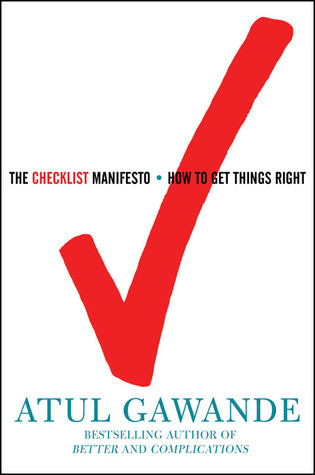While it may have seemed difficult reading at the time,
A Clockwork Orange was a model of clarity next to my second (and sadly not my last) James Joyce novel,
Finnegans Wake. Its often described as one of the most difficult works in the English language. I believe that is intended as an accolade, though it's difficult for me to see it as such. I might also contest the describing it as a work in the English language. Before I go further, I'd like to be clear: I get that this book isn't designed to be enjoyed by simply reading through it as one would any other novel, if it's meant to be enjoyed at all. It's supposed to be difficult and confusing. I believe the intention is that there is a reward for having spent a hundred or more hours dutifully studying the text and available commentaries to pierce its veil. This book is included on three of the eleven lists I combined to create my list of classic books, so clearly some people have found that reward. Personally, I can't imagine it justifying that effort when I could easily spend the same amount of time reading
War and Peace,
Anna Karenina,
The Brothers Karamazov,
The Count of Monte Cristo, and, just in case I need something that's a challenge to read,
A Clockwork Orange and
Infinite Jest, including commentaries for both.









